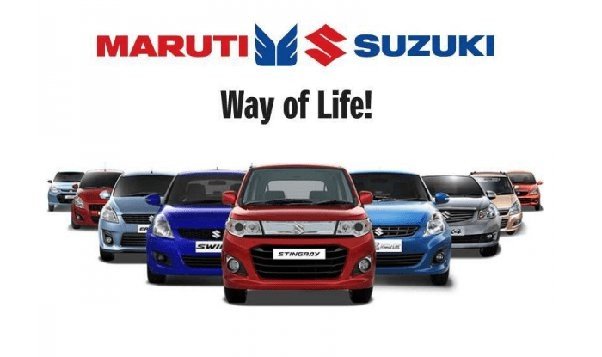Maruti Suzuki has established itself as the undisputed leader in India’s automotive industry, boasting a significant market share of over 40%. This remarkable achievement is rooted in the company’s ability to understand and cater to the diverse needs of Indian consumers. Its extensive range of affordable cars, combined with a well-developed service network, has solidified its position as a household name in India.
Key Factors Behind Maruti Suzuki’s Success
1. Focus on Affordability
One of the cornerstones of Maruti Suzuki’s strategy is its commitment to producing affordable cars. With models such as the Maruti Suzuki Alto, WagonR, and Celerio, the brand caters to the budget-conscious consumer, particularly among India’s vast middle class. These models are not only competitively priced but also come equipped with features that enhance their appeal, such as fuel efficiency and low maintenance costs.

In an economy where price sensitivity is high, Maruti Suzuki’s focus on cost-effective solutions has allowed it to maintain a strong sales trajectory. According to Google Ads, high-value keywords like “best-selling cars in India” and “affordable family cars” reflect consumer interest in budget-friendly options, driving traffic to the brand.
2. Extensive Dealership Network
Maruti Suzuki’s robust dealership and service network plays a crucial role in its success. The brand has established a presence in both urban and rural areas, ensuring that consumers have easy access to its products and services. This widespread reach not only facilitates sales but also reinforces customer loyalty, as buyers know they can rely on local service centers for maintenance and support.
The brand’s marketing strategies have been finely tuned to resonate with rural consumers, who may have different preferences and needs compared to their urban counterparts. This adaptability has set Maruti Suzuki apart from competitors who often focus solely on urban markets.
3. Emphasis on Fuel Efficiency and Reliability
Another significant advantage of Maruti Suzuki vehicles is their reputation for excellent fuel efficiency. In a country where fuel costs can heavily impact family budgets, Maruti’s emphasis on producing fuel-efficient cars appeals to a large segment of the market. Cars like the Swift and Dzire are not only economical but also known for their reliability and low-cost maintenance, further boosting their popularity.
High-CPC keywords, such as “top SUVs in India” and “electric cars in India,” are increasingly becoming part of the conversation as the market evolves. While Maruti Suzuki has historically focused on conventional vehicles, it is now venturing into hybrids and EVs to remain competitive.
Navigating the Competitive Landscape
4. The Shift Toward Hybrid and Electric Vehicles
As global trends shift towards sustainability, Maruti Suzuki is also adapting. While it has been somewhat cautious in entering the electric vehicle (EV) market, the company is making strides with hybrid technologies. Upcoming hybrid models are expected to combine traditional fuel efficiency with reduced emissions, catering to an increasingly eco-conscious consumer base.
Hyundai and Tata Motors are emerging as formidable competitors, especially in the SUV segment and electric vehicle offerings. Hyundai’s models like the Creta and Kona Electric are gaining traction among urban buyers who seek premium features and cutting-edge technology.
Future Outlook for Maruti Suzuki
The automotive landscape in India is rapidly changing, with increasing competition and evolving consumer preferences. To maintain its leadership, Maruti Suzuki must continue to innovate and adapt. By focusing on technological advancements and sustainability, it can not only retain its existing customer base but also attract new consumers who prioritize eco-friendly options.
In conclusion, while Maruti Suzuki’s dominance in the Indian automotive market faces new challenges, its strong foundation of affordable pricing, extensive service networks, and commitment to fuel efficiency positions it well for future success. The company’s ongoing efforts to embrace hybrid and electric vehicle technologies will be crucial as the market evolves.
Conclusion
While Hyundai and other competitors are making substantial inroads, Maruti Suzuki’s dominance remains unshaken, bolstered by customer loyalty, strong after-sales service, and an ever-expanding portfolio of reliable, fuel-efficient vehicles. However, the future promises exciting competition as both traditional and electric vehicles become integral to India’s automotive landscape.







